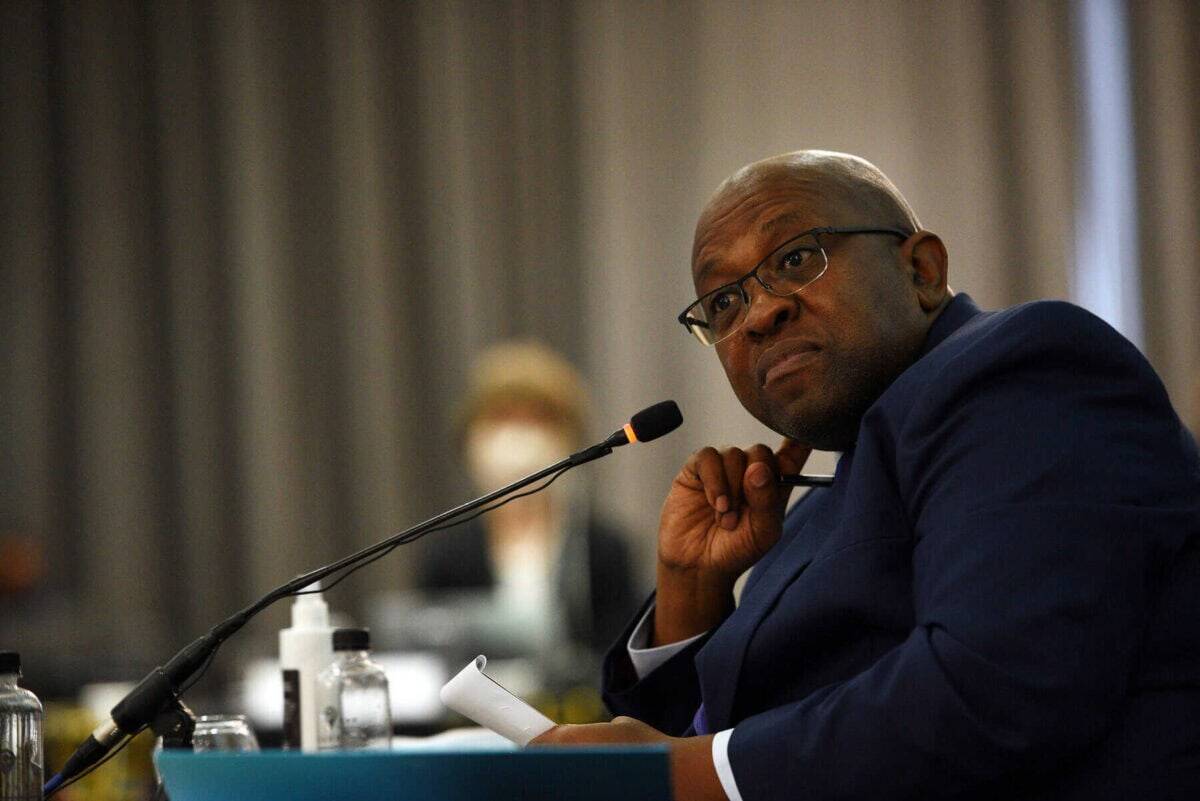Analysts warn the public airing of police corruption allegations risks deterring investors, but the openness also bolsters democratic norms.

The corruption scandals exposed by the Madlanga Commission of Inquiry have dented South Africa’s international image, but simultaneously highlight its quest to fight graft.
This is according to experts who spoke of how the exposure of allegedly corrupt senior politicians and police management affects the country’s reputation.
President Cyril Ramaphosa recently established the commission after KwaZulu-Natal provincial commissioner General Nhlanhla Mkhwanazi accused his superiors and other senior government officials of colluding with criminals to protect them from arrest.
So far, several senior and former senior police officials have testified while more witnesses are still expected to appear before the commission.
Reputation management expert Tshepo Matseba said the commission will test South Africa’s ability to rebuild investor confidence.
Transparency as both a strength and a risk
“Transparency offers reputational gains, but allegations of police collusion with organised crime risk deterring capital and undermining the country’s greylisting exit,” said Matseba.
“The inquiry into alleged corruption at the highest levels of policing is a moment of profound consequence for the country’s image and reputation abroad. On one hand, it embodies transparency and accountability in action.
“Few democracies in the global south would so openly ventilate the allegations of senior officials colluding with criminal cartels, allowing whistle-blowers to be heard and ensuring testimony is tested in a public forum.
“The fact that a provincial police commissioner came forward at personal risk underscores a degree of institutional resilience.
“It signals to international observers that South Africa has not abandoned the principle of sunlight as the best disinfectant.”
Matseba said the substance of the allegations cannot be understated, especially that a sitting minister of police, together with senior generals, was repeatedly accused of collusion with organised crime.
This strikes at the heart of the state’s credibility.
Investor confidence and perceptions of state credibility
He said investors, rating agencies and foreign partners say that if the custodians of law enforcement are compromised, confidence cannot be placed in South Africa’s ability to protect its citizens, its economy or borders.
“The perception of risk is grave. It suggests not merely corruption in the margins, but an erosion of the very authority tasked with maintaining law and order.
“This is particularly damaging as South Africa seeks to convince the Financial Action Task Force that it has addressed the deficiencies which landed it on the greylist,” he said.
He added that the commission’s revelations may inadvertently reinforce the perception that systemic corruption remains pervasive, raising doubts about the integrity of financial oversight, criminal justice and regulatory enforcement.
ALSO READ: Police chief implicated at Madlanga commission reportedly asks for leave
He said for international investors weighing decisions on long-term capital, such doubts matter as much as actual crime statistics.
At the same time, it would be a mistake to view the inquiry solely through a negative lens, he said.
The expert said SA’s choice to ventilate the matter openly was a reputational asset in itself. The challenge is whether this moment leads to reform or to further erosion of trust.
In the end, the commission is a mirror and a test. It reflects the corrosive effect of corruption, but it also tests whether SA has the institutional strength to confront impunity and rebuild confidence at home and abroad, he said.
‘A positive and transformative move’
Political analyst Prof Ntsikelelo Breakfast insisted the international community must focus on the good side of the investigation.
“This was supposed to send the message to the international community that we are fighting corruption,” said Breakfast.
Political analyst Goodenough Mashego believed that the inquiry showed that SA is a democratic country with rules.
“The international community must see this as a positive and transparent move.”
NOW READ: Matlala, Mogotsi and their Ipid connection against Gauteng counter-intelligence unit
Support Local Journalism
Add The Citizen as a Preferred Source on Google and follow us on Google News to see more of our trusted reporting in Google News and Top Stories.






